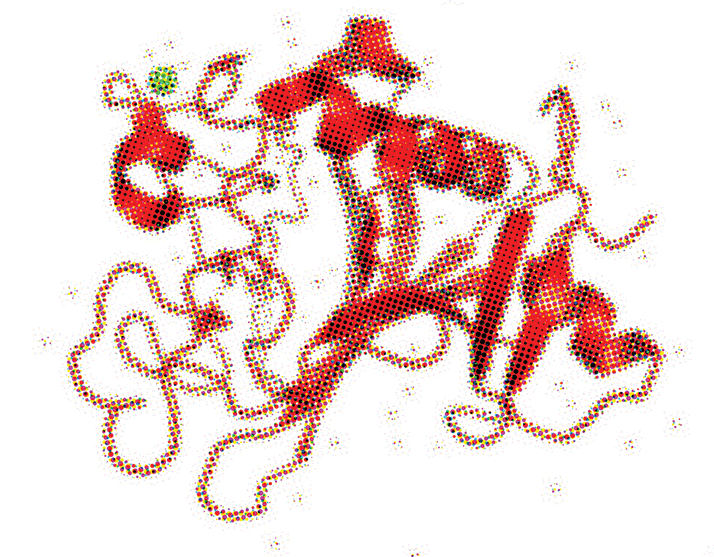
Intravitreal administration of angiopoietin 1 (Ang1) may be more effective than anti-VEGF therapies in treating ischaemic retinal diseases, including retinopathy of prematurity (ROP) and proliferative diabetic retinopathy (PDR). Ang1 is a protein growth factor that promotes angiogenesis.
Junyeop Lee and colleagues at the Korea Advanced Institute of Science and Technology injected recombinant chimeric Ang1 protein into the retinas of mice with oxygen-induced retinopathy (OIR), a mouse model of ischemic retinopathy. OIR mimics features of ROP and PDR: the retinas of affected mice develop extensive vascular regression in the central region and abnormal neovascular tuft in the middle and peripheral region. A single intravitreal injection suppressed vascular leakage, stimulated the formation of healthy blood vessels in avascular regions, and protected retinal neurons from damage, within one week.
These results suggest that therapies based on Ang1 could be more effective than VEGF-Trap in reversing ischemic retinal diseases. Anti-VEGF therapies require repeated intraocular injections and are associated with neuronal damage. Ang1 administration suppressed NVT formation to a greater extent than VEGF-Trap, reducing the average area of the avascular region by 75 percent. It also improved the vascular network in the deep layer of the retina, a benefit that wasn’t achieved with VEGF-Trap. “Our study indicates that, unlike anti–VEGF-A therapies, intravitreal Ang1 can induce healthy and functional angiogenesis and consequently prevent retinal neuronal damage due to ischemic injury,” the researchers wrote in a paper published in Science Translational Medicine. “Electrophysiological analyses demonstrated that Ang1 protected retinal neuronal function from ischemic injuries, whereas VEGF-Trap did not.” The team hopes that Ang1 can be established as a treatment strategy that focuses on “the true recovery of the injured organ, rather than merely delaying disease progression.”
References
- J. Lee, K. E. Kim, D. K. Choi, et al., “Angiopoietin-1 Guides Directional Angiogenesis Through Integrin ?v?5 Signaling for Recovery of Ischemic Retinopathy”, Sci Transl Med. 5(203), 203ra127 (2013).
